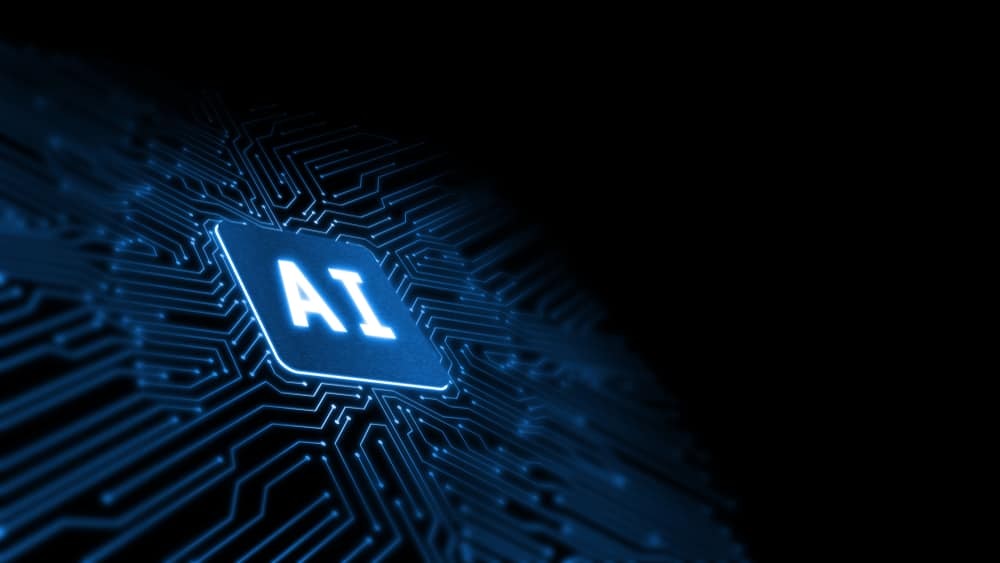In the wake of the COVID-19 pandemic, the intelligent medical care sector is experiencing rapid growth. The fusion of internet technology and healthcare is ushering in an exciting era. Innovations like virtual medical consultations and remote surgeries rely on high-precision sensors and the components to built AI networks, often sourced through distributors like WINSOURCE, among others. However, this article delves into the implications of this AI-driven medical device demand on the semiconductor industry.
What’s the need of semiconductors?
The medical device market is experiencing exponential growth, fueled by the demand for advanced technologies and devices. However, it can provide accurate and real-time data. Additionally, this growth has led to an increased role for semiconductors in developing medical devices.
Role of semiconductors in medical devices
Semiconductors play a crucial role in powering the functionality of medical devices, enabling them to process and analyze data efficiently. In addition, as AI continues to evolve and reshape the healthcare industry, semiconductors will play an even more vital role in driving advancements and innovations in AI-powered medical devices.
How is AI helpful in medical devices?
AI in medical devices is undoubtedly a game-changer for the industry. It plays an important role in modern medical care by leveraging sensors and semiconductors to enhance healthcare in various ways.
- The data collected by sensors improves diagnostic accuracy and enables real-time patient monitoring.
- These technologies facilitate personalized treatments, analyzing patient-specific data for optimized care.
- AI-driven medical devices streamline healthcare processes, reducing costs and allowing healthcare professionals to focus on patient care.
- It aids in medical research and drug development, accelerating discoveries and advancements.
In essence, the integration of AI, sensors, and semiconductors is pivotal in transforming healthcare, providing more accurate, efficient, and personalized medical care to benefit patients and the healthcare industry as a whole.
Challenges facing AI-driven medical devices
While AI-driven medical devices hold tremendous promise, they also face several challenges.
● Ensuring reliability
Precision and reliability are paramount in the medical field, and any inaccuracies or errors in the AI algorithms could have severe consequences for patients.
● Maintaining data security and privacy
Data security and privacy are other challenges in integrating semiconductors into medical devices. However, medical devices integrated with artificial intelligence collect and process sensitive patient data. Further, ensuring the security and privacy of this data is crucial.
● Implementation Cost
The expense of applying AI technology in medical devices might be a barrier because it needs significant investment in research, development, and production.
Future of AI in medical devices and semiconductors
The future of AI in medical devices and semiconductors is auspicious. However, as technology advances, we can expect even greater integration of AI in medical devices, leading to more accurate diagnoses, personalized treatment plans, and improved patient outcomes. Further, semiconductor companies like WINSOURCE will play a pivotal role in driving these advancements, pushing the boundaries of what is possible. The future is bright for AI-driven medical devices and semiconductors.
Conclusion
In a world where the intersection of artificial intelligence, healthcare, and semiconductor technology is shaping the future of medical devices. In this journey,global distributors of electronic components such as WINSOURCE plays a pivotal role in facilitating the supply chain, making valuable contributions to the accessibility and availability of advanced medical technology for the benefit of those who depend on it.
Infographic created by Worksighted, offering premium managed IT solutions for your company

